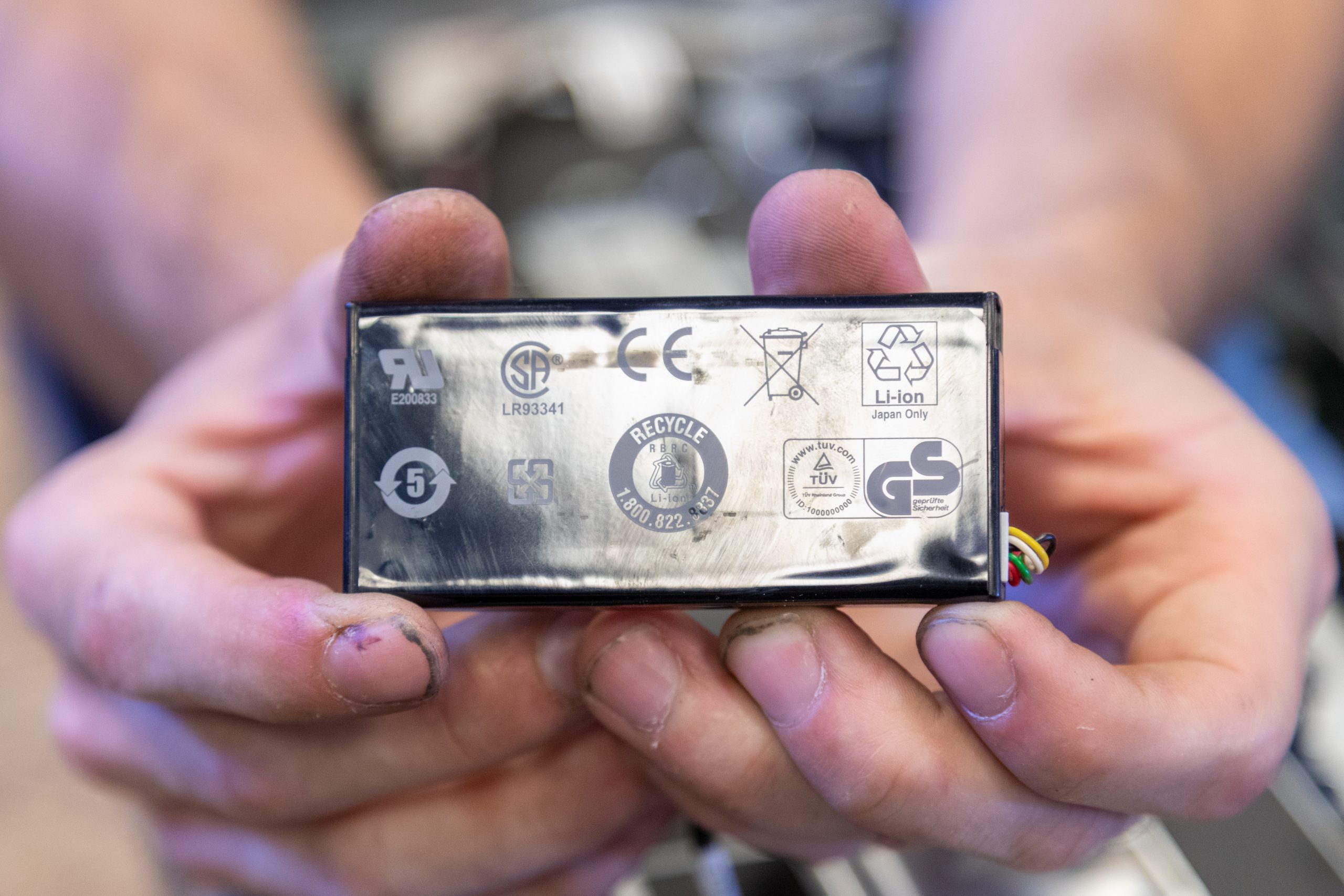
7 Tips to Prolong Your Smartphone Battery Life
3 Tips & Tricks to Prolong Your Motive Power Batteries. Here at Northeast Battery, we understand the needs of our customers.. this will cause both the performance and life also to fall off. To prevent this, you need to replace the water if you battery allows for maintenance, and there are several ways to do this.
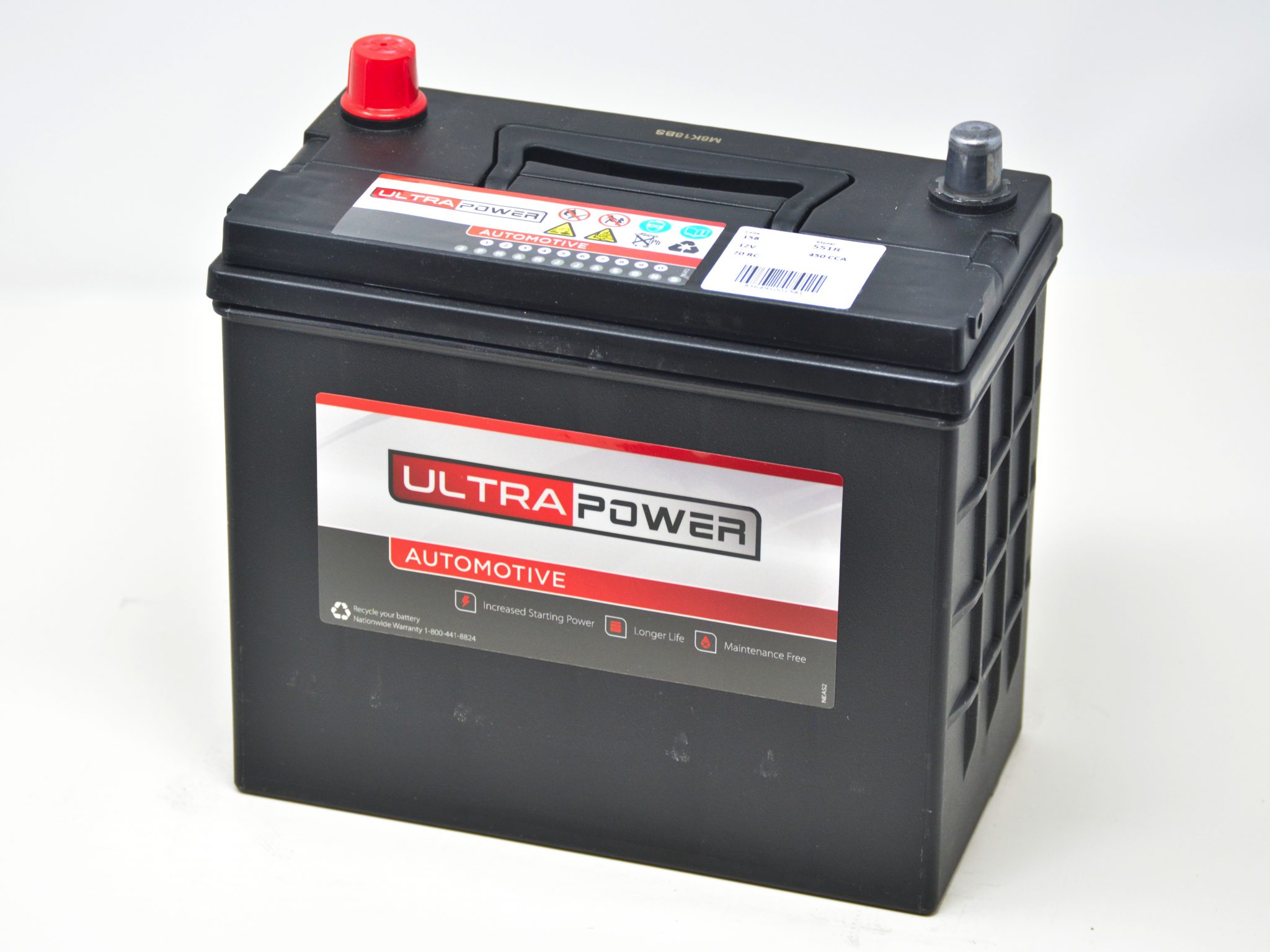
Northeast Battery Brands ULTRAPOWER
A lithium battery's lifespan will best be prolonged if stored at 0°C with a 40% charge. When stored at higher temperatures with a high charge voltage, a Lithium-ion battery will become stressed and degrade faster. Estimated recoverable capacity when storing Li-ion for one year at various temperatures. Lithium batteries also lose cycle life.

7 Tips To Prolong Your Car’s Battery Life ≤ Auto Repair Shop Phoenix
Minimize the amount of time the battery spends at either 100% or 0% charge. Both extremely high and low "states of charge" stress batteries. Consider using a partial charge that restores the battery to 80% SoC, instead of 100%. If that's not possible, then unplug the device as soon as it reaches 100%.
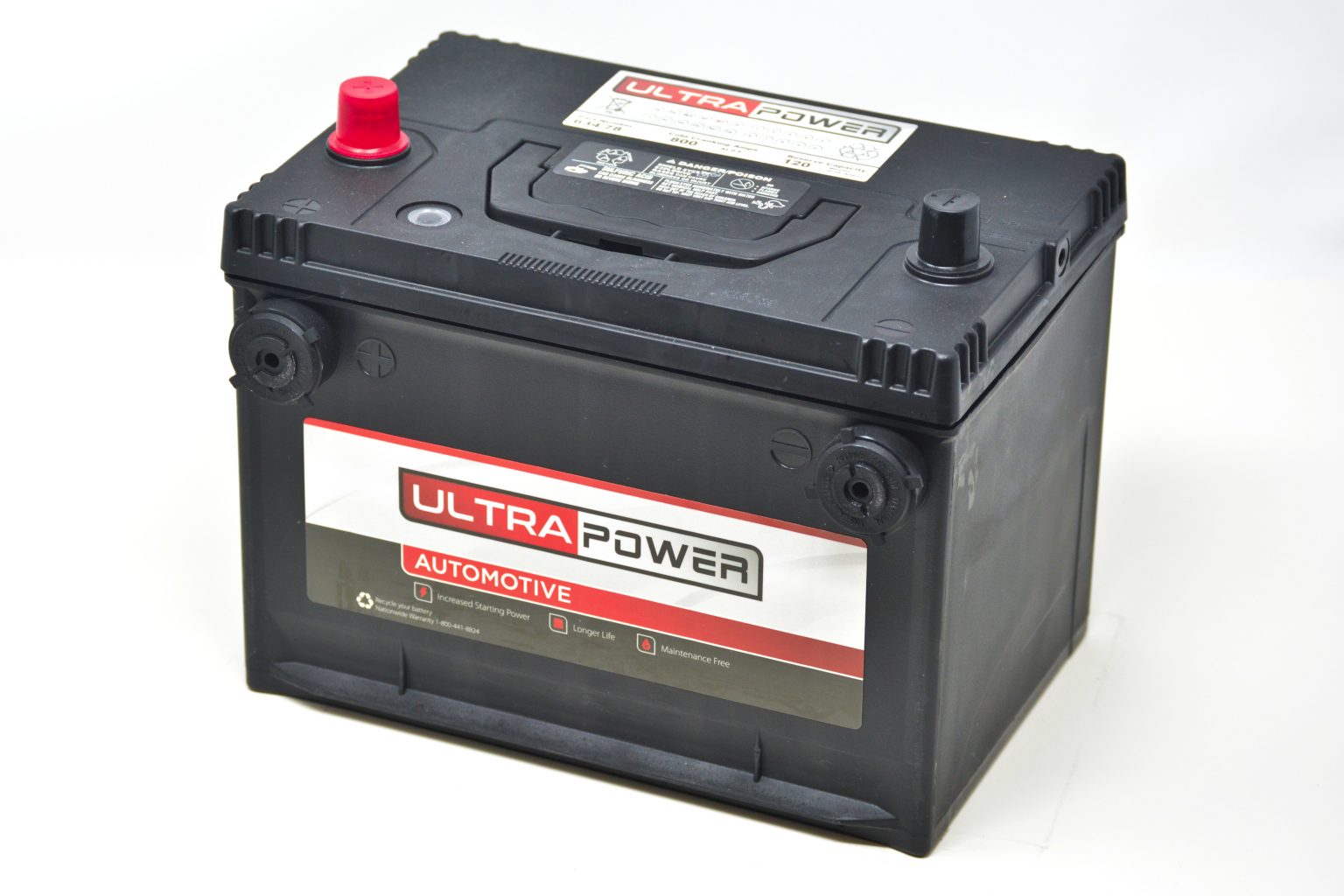
Northeast Battery Brands ULTRAPOWER
For example, a lithium-ion cell charged to 4.20V/cell typically delivers 300-500 cycles. If charged to only 4.10V/cell, the life can be prolonged to 600-1,000 cycles; 4.0V/cell should deliver 1,200-2,000 and 3.90V/cell should provide 2,400-4,000 cycles.
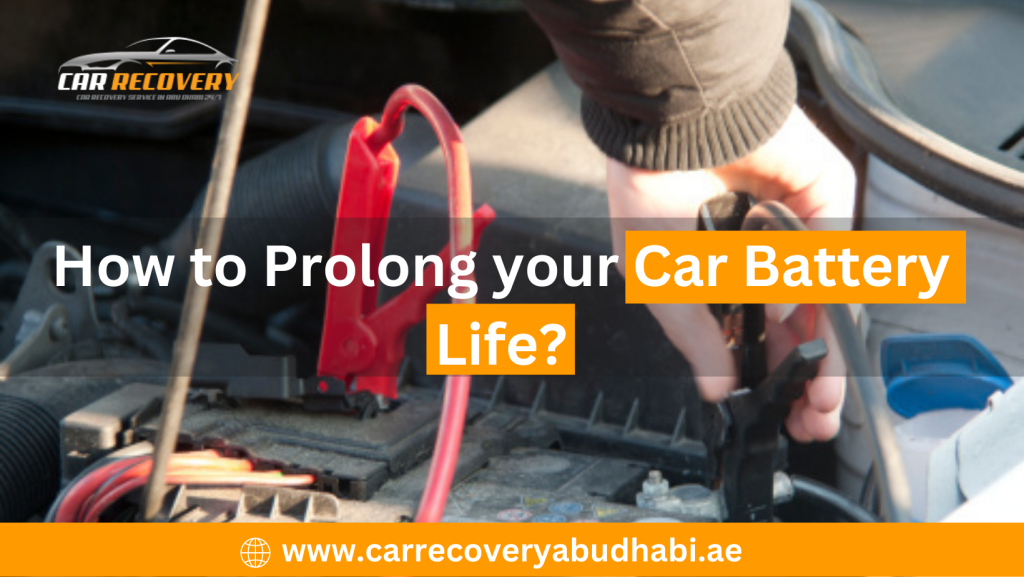
How to Prolong your Car Battery Life? Techfily
For lead-acid batteries, between 14 and 16 hours are necessary for a good charge, reports Battery University. Most people only give the battery an overnight charge of around seven or eight hours. If a "perfect" charge is possible with each session, sulfation doesn't occur on a prolific level.
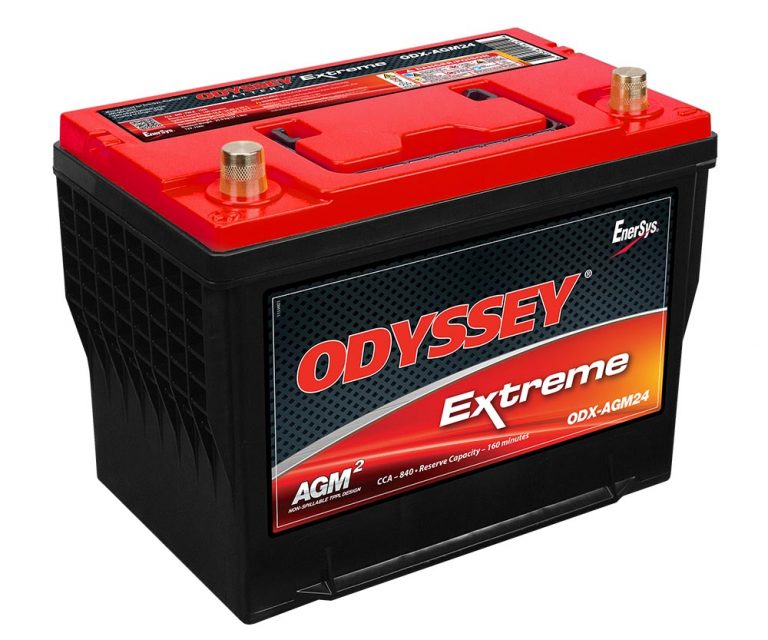
Northeast Battery Brands Odyssey
Blog. Our latest news.. Discover the simple way to prolong your battery's lifespan with a trickle charger. These devices provide safe […] The 3 Top Golf Cart Brands of 2020.. Explore Northeast Battery's top 3 golf cart brands of 2020. These trusted […]
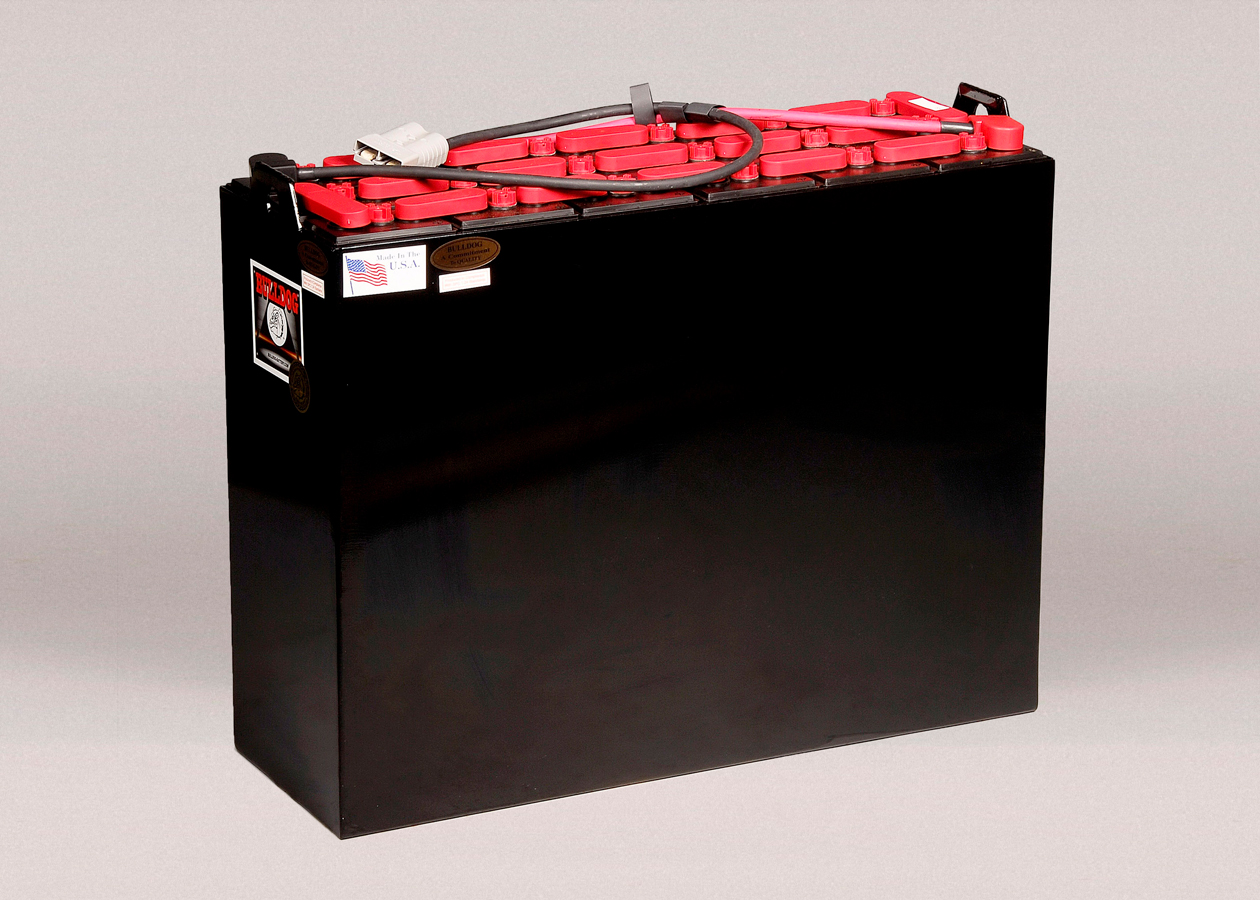
Northeast Battery Brands Bulldog
Hello to prolong your battery life don't fully discharge it after every run. Or wait till it dies. Northeast Battery | Blog | Prolong Battery Life I found this article hope it helps. Unfulenlty for v5 you can only use one battery , unlike the cortex counterpart.. If your batteries are particularly old then wear on the battery itself might.

8 Ways to Prolong Battery Life CatchyFreebies
Smart chargers utilize advanced charging algorithms and technologies to optimize the charging process. They can detect the battery's current state and adjust the charging parameters accordingly. This ensures efficient charging, prevents overcharging, and helps prolong the battery's life span. 8.
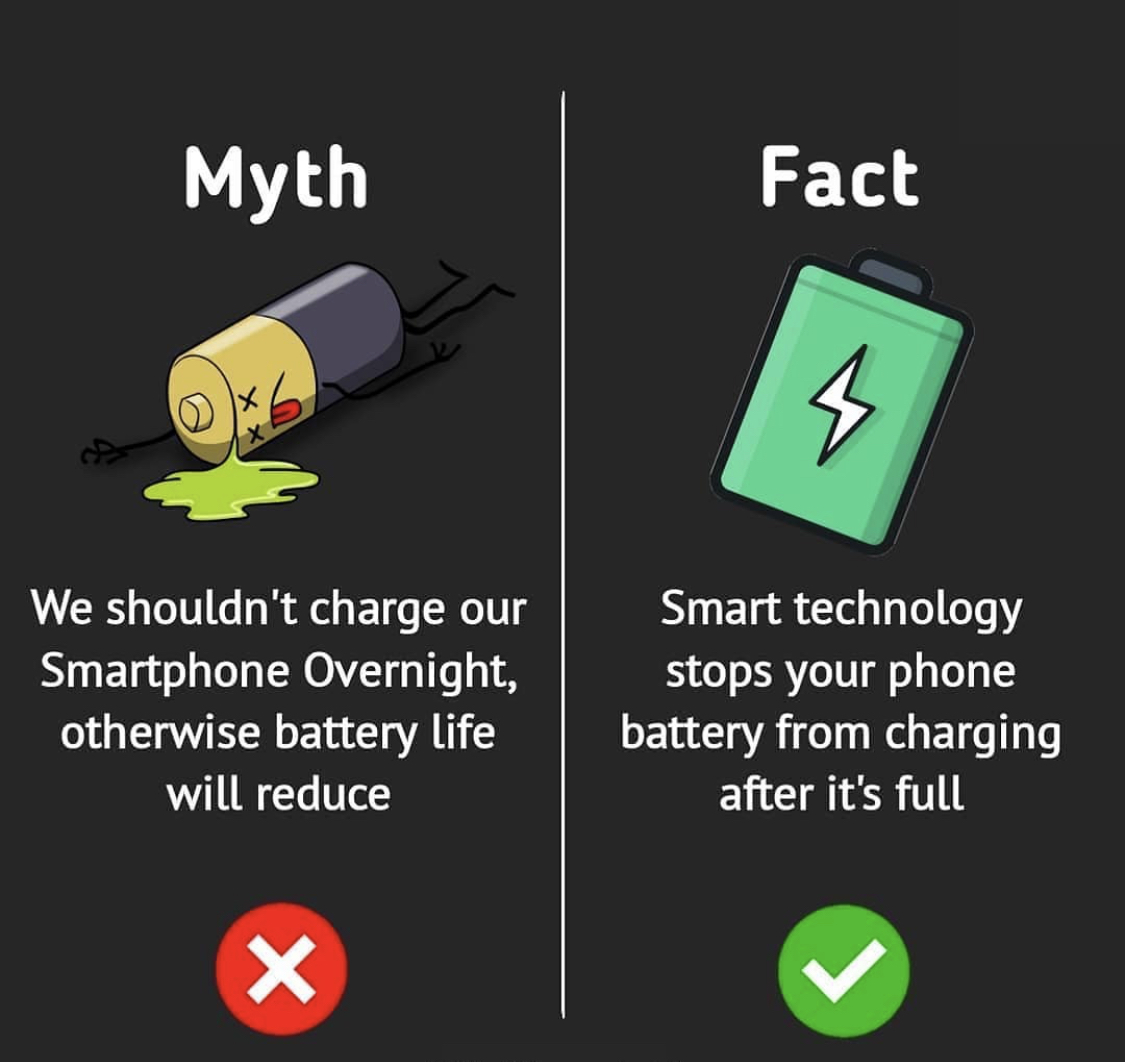
How to Prolong Battery Life Shenzhen A&S Power battery
Your Battery Dealer in Massachusetts (and Beyond!) Northeast Battery is your source for high-quality batteries in Boston. In fact, we serve this region with pride as your power needs grow and diversify in the 21st century. Explore every feature of our business as we keep you and your customers thriving in complex, competitive industries.
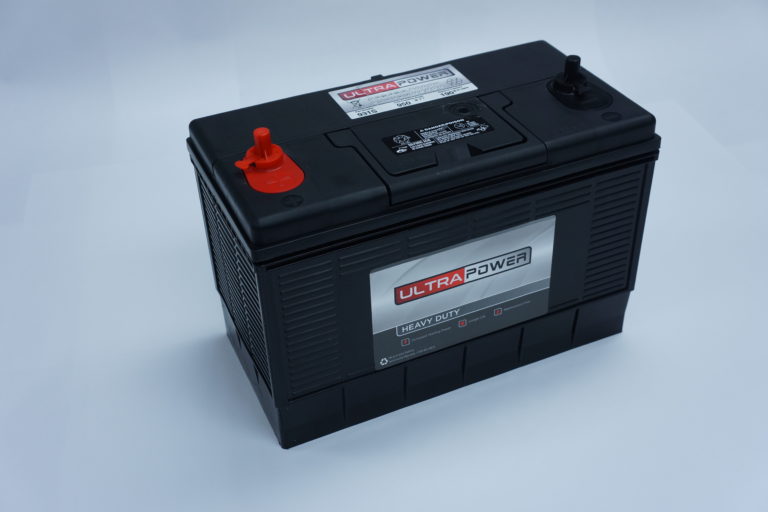
Northeast Battery Blog ULTRAPOWER 931s Spotlight
The material on Battery University is based on the indispensable new 4th edition of " Batteries in a Portable World - A Handbook on Rechargeable Batteries for Non-Engineers " which is available for order through Amazon.com. I understand. Hide this message. Battery University™ is a free educational website offering hands-on battery information.

Prolong Battery Life 5 Essential Tips To Prolong Your Battery Life
3 signs you need to replace your alarm system batteries. Periodically, the batteries in your alarm system need to be replaced for optimal performance. Before you determine when to replace the batteries, you'll have to check your system to see what kind of power source it uses. Some systems are operated on electricity, while others exclusively.

8 Ways to Prolong Battery Life CatchyFreebies
The simplest answer: trickle chargers are great for maintaining a battery as opposed to just blasting it with a fast charge and moving on. While regular chargers are of course effective, they can actually shorten the life of your battery over time if not used properly. Trickle chargers won't give you a quick burst of power, but they will help.
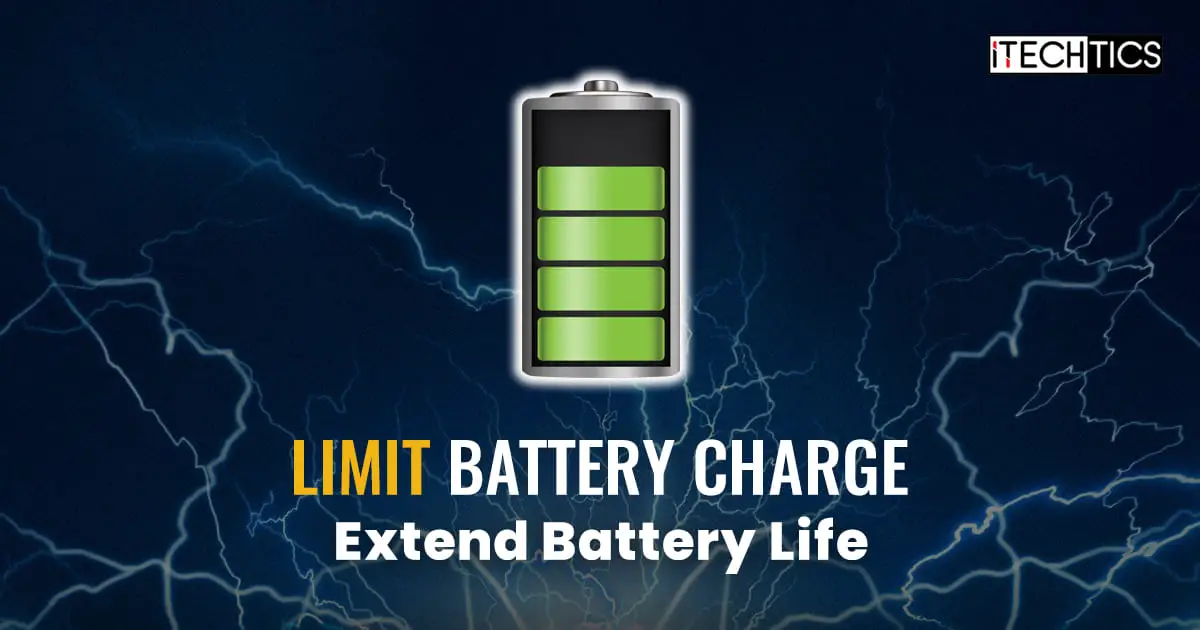
Extend Your Laptop's Battery Life By Limiting Battery Charge Capacity
To understand why, you need to know a little about how batteries work. The guts of most lithium-ion batteries, like the ones in smartphones, laptops, and electric cars, are made of two layers: one.
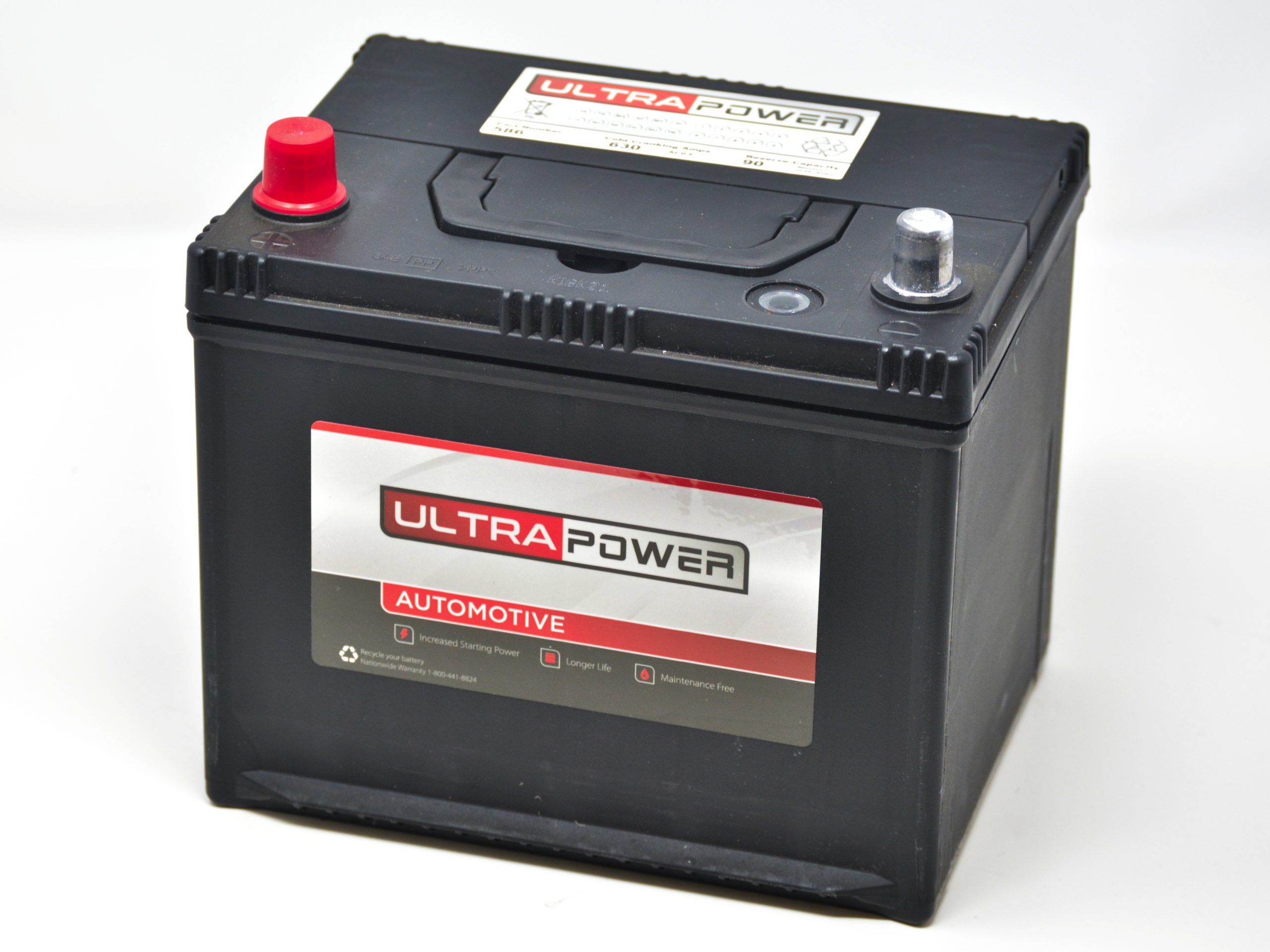
Northeast Battery Brands ULTRAPOWER
A recent report by industry body the Energy Storage Network (ESN) called for the government to impose a target of 2 GW of new electricity storage by 2020, claiming it will provide a vital stepping stone towards the widespread adoption of renewable energies. Without setting a target, on the lines of that set by California for 1325 MW by 2020.
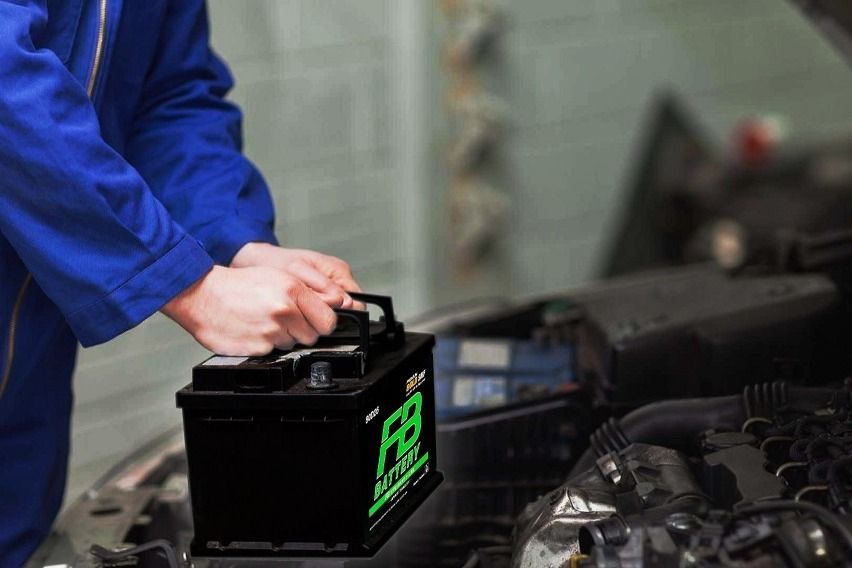
Tips to prolong battery life
Practical Things to Extend Battery Calendar Life. As we mentioned earlier is always a good idea not to over-strain a lead battery. Try to avoid the charge falling below 50%, as this may increase aging. Give the battery a full charge at least once every few weeks, and avoid exposing it to high temperatures.
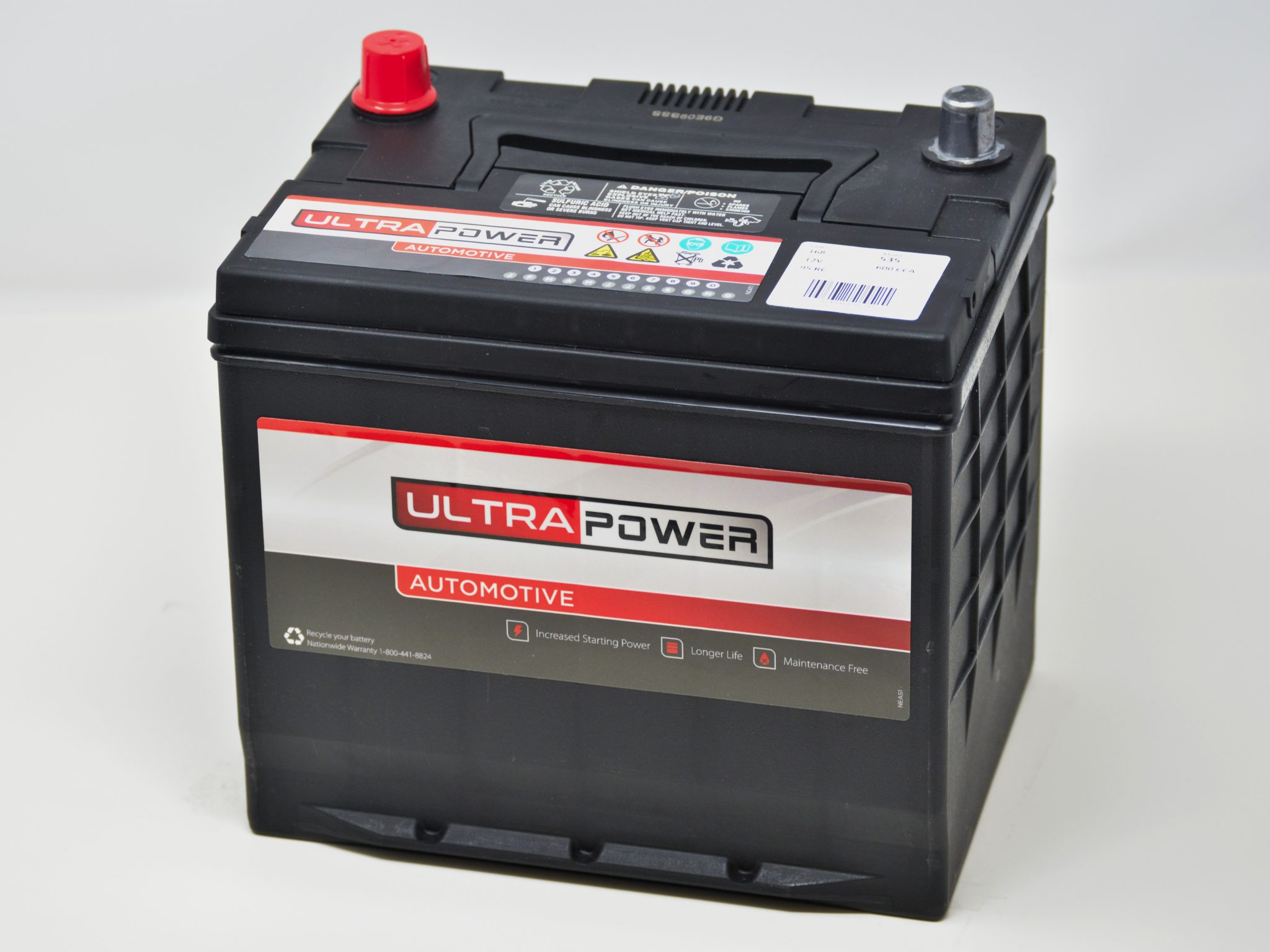
Northeast Battery Brands ULTRAPOWER
The higher the temperature the greater the self-discharge rate. Pro Tip: Try storing your battery at temperatures around 68 °F. Because charging and using the battery creates heat you should give your battery time to cool down in between times of charging and use. This is one of the most effective ways of prolonging the life of any battery.